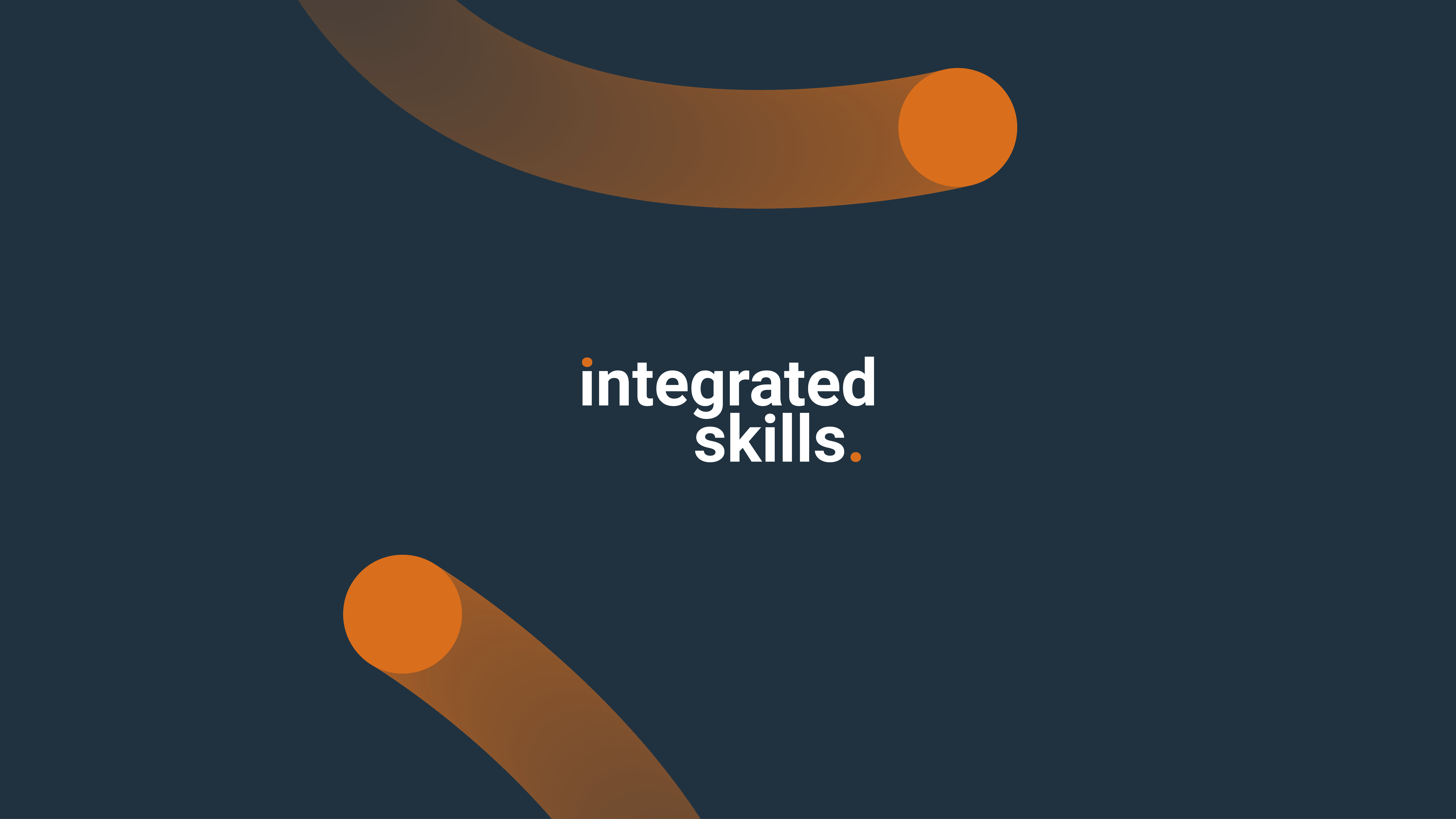Lets work together



Suite 3A, Chapel Allerton House, 114 Harrogate Road, Leeds, LS7 4NY
ukinfo@integrated-skills.com
+44 (0) 3300 888 670

Utility companies surprisingly still rely on lots of paperwork to process work related to field engineers. Where mobile technology is in place it typically involves engineers lugging laptops from location to location. The rise of the tablet and large form factor smartphones are increasingly replacing laptops in the field… and the ‘App’ is becoming ubiquitous.
Lack of Data
Regardless of the hardware, data is still the key element of any mobile solution. Is it available? In what format? Can it be communicated successfully over an appropriate channel? Is it real time?
Dependent on the business requirement the ‘real time’ (or near real time) issue may or may not be an issue. An emergency repair to a Sub PowerStation can require wiring diagrams to be immediately available whereas selecting and accessing the correct protocols for a water test and contamination rectification may not. Perhaps more important is the ability of the hardware and software to store the files locally or be able access them remotely for the mobile (cell) network or broadband. Where the latter is available tablets and smartphones can be deployed effectively.
Utilities that deploy mobile technology complete certain operations far more quickly compared to paper based processes. For example, mobile applications allow utility companies to assess and report damage in real-time, as well as decide on the best starting points for restoration of service. For utility crews, these mobile applications help communicate the extent of damage and area of the outage, along with offering them the opportunity to decide quickly on where to begin troubleshooting.
The Digital Recording of Mobile Working
With a smartphone app a team member can access past repair information instantly allowing them to become more efficient in completing a repair task. Using cameras, video and diagnostic software the entire process can be recorded digitally for future access by another engineer needing information. Any digitally recorded material can be compressed, that is, the file size is reduced enabling communication via the mobile network or broadband.
Work Order Retrieval
Yet another benefit of the mobile application to the utility industry is the ability to retrieve work orders without the need to manually collect them by having to return to the office. This allows crews to spend more time in the field working on issues, and less time driving back and forth for information about the next task. For those at dispatch, the real-time digital delivery of tasks allows them to see which crews are working where, and assign crews who are near to an outage.
Data Collection with No Mobile Signal or Broadband Access
The ability of an application to retain collected data while in the field can be very valuable to the crew located in a remote area that doesn’t offer a network connection. Instead of submitting data twice or manually recording it, the information is simply held on the application until a connection becomes available, after which data is uploaded automatically to the network.
Apps and the More Efficient Handling of Emergencies
During an emergency where quick decisions are crucial, data allows teams always to know what is happening. Many applications are allowing workers to communicate in real time with headquarters and other agencies, allowing for instant collaboration and faster exchange of ideas. Of course, the quality of the app being used by crews and headquarters alike is vital. Having to learn more than one application can slow things down considerably. An app must also be easy to use as well as intuitive so that all a crew member has to do is, for example, click a point on the map to add or change information. One key to gauging the effectiveness of an app is to determine whether it takes longer to use the app than to write information on paper.
Fast Information Flow for Effective Management
The effectiveness of the mobile workforce is directly related to the speed at which accurate information flows. Today, a fast flow of information is critical in order to get the job done. Not only can a team create a record of conditions and tasks they can share across systems and teams. Moreover, network knowledge is retained and shared thus reducing the reliance on knowledge of individual employees.
Would you like to know more about Utility Companies, Mobile Workforces and App Proliferation? Fill in your details below and let us know how we can help.
Website Designed & Built by we are CODA